Saudis may have enough uranium to produce nuclear fuel: Report
Saudi Arabia may be in possession of enough mineable uranium ore to produce nuclear fuel, a new report by the Guardian reveals.
According to confidential documents prepared by Chinese geologists for the kingdom and seen by the Guardian, Riyadh now possesses so much uranium ore reserves that it can start domestic production of nuclear fuel.
The Chinese geologists have been reportedly rushing to help Riyadh map its uranium reserves at breakneck speed as part of their nuclear energy cooperation agreement.
The geologists identified reserves that would be able to produce more than 90,000 tons of uranium from three “major deposits” in the center and northwest of the country, the report said.
They have worked all year round despite blistering summer heat to identify these reserves, it said.
However, these are “inferred deposits”, and further exploration would be needed to confirm uranium reserves and calculate the cost of extraction.
The documents have been prepared by the Beijing Research Institute of Uranium Geology (BRIUG) and China National Nuclear Corporation (CNNC), working with the Saudi Geological Survey.
The disclosure will intensify concerns about Saudi Arabia’s interest in an atomic weapons program.
Experts warn that if Saudi Arabia is able to mine sufficient uranium domestically, rather than relying on foreign providers, it could give the kingdom a boost toward creating its own weapons program.
Bruce Riedel at the Brookings Institution said the information showed that the Saudis were “aggressively pursuing the prerequisites” for either an energy or weapons program and that securing a domestic source of uranium would boost their effort.
‘Israel must be worried’
A new report by Foreign Policy says the nuclear programs of Riyadh and Abu Dhabi, especially that of Saudi Arabia, must be a source of concern for the Israeli regime, which has started to officially normalize its relations with the Persian Gulf Arab countries.
“Unlike the UAE, it [Saudi Arabia] has yet to agree to the so-called gold standard of nuclear oversight. Saudi Arabia has a very limited safeguards agreement with the International Atomic Energy Agency (IAEA). Moreover, in contrast to the UAE, the Saudis have not signed up to the IAEA Additional Protocol, which enhances the ability of the agency to verify the peaceful uses of all nuclear material. It has not ruled out enriching uranium, which raises suspicions that it is pursuing a military nuclear program,” the report said.
“Saudi Arabia has not ruled out enriching uranium, which raises suspicions that it is pursuing a military nuclear program,” it added.
Saudi Arabia’s clandestine nuclear program, which had been revealed by whistle-blowers, was recently confirmed by satellite images showing a large compound, in a suspicious location in the middle of the desert, a checkpoint, towering security fences, a big building about 150 feet on a side and pools for the collection of uranium waste; a typical blueprint for yellow-cake mills.
The Wall Street Journal uncovered the facility constructed in a remote area in Saudi Arabia for extracting uranium yellow-cake from uranium ore. Ironically, the facility is located near a solar-panel production area.
Observers say such undeclared nuclear capabilities in the hands of the KSA are extremely worrying, in light of the abysmal Saudi human rights record, and that the last thing anyone would wish for is a nuclear armed KSA.
Western officials are now anxious about an unusual facility located near al-Ula, a small city in the Saudi northwest desert near a solar-panel production area.
Experts interviewed by The Wall Street Journal believe the facility is one of the undeclared nuclear sites in the kingdom with the capacity to produce uranium yellow-cake.
In 2019, the IAEA released “Updates on Saudi National Atomic Energy Project,” detailing a Saudi plan for building reactors as well as fueling them through the “localization” of uranium production. According to the document, Riaydh was looking for uranium deposits in its own territory while collaborating with Jordan to make yellow-cake.
FM: Riots Israel’s plot to lay groundwork for US aggression; Iran now in full control
VIDEO | Press TV's news headlines
FM stresses Iranians’ resolve to defend sovereignty, security in face of foreign-backed interference
China bars domestic firms from using US, Israeli cybersecurity software: Report
VIDEO | Trump’s Greenland threats is about natural resources, standing up to Russia and China
VIDEO | Iran unity in foreign-backed riots
IRGC intelligence details successful confrontation against US-, Israeli-backed unrest drive
Hezbollah warns Lebanese government disarming group could trigger civil war


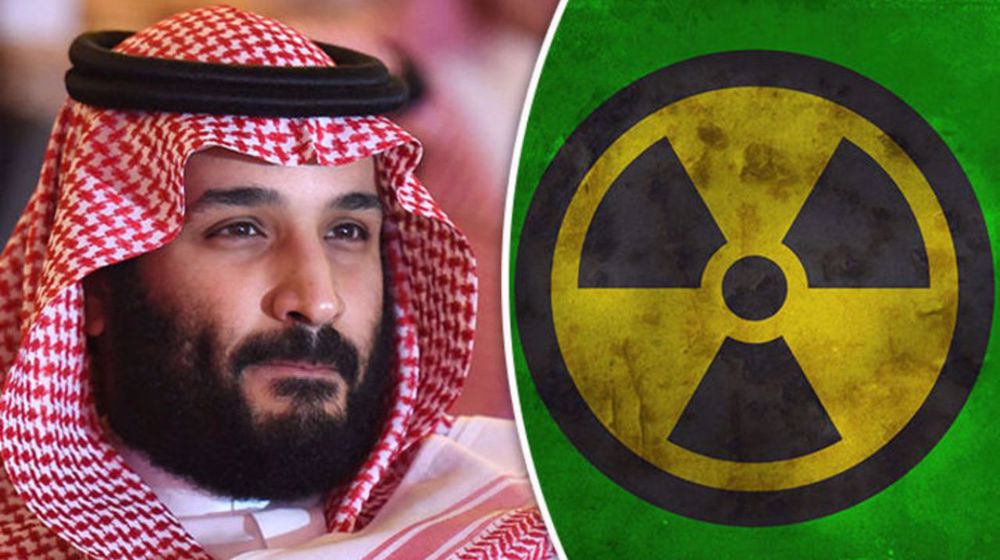

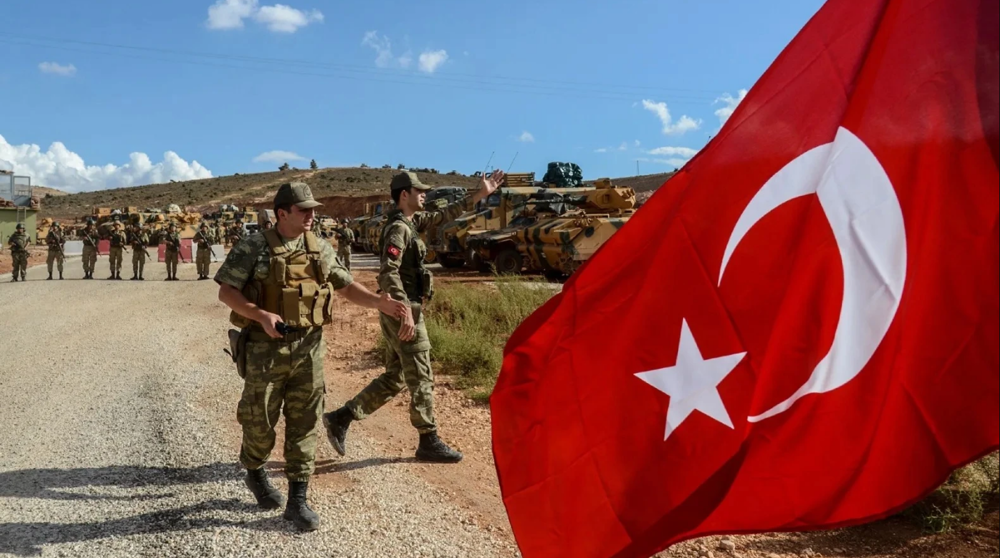
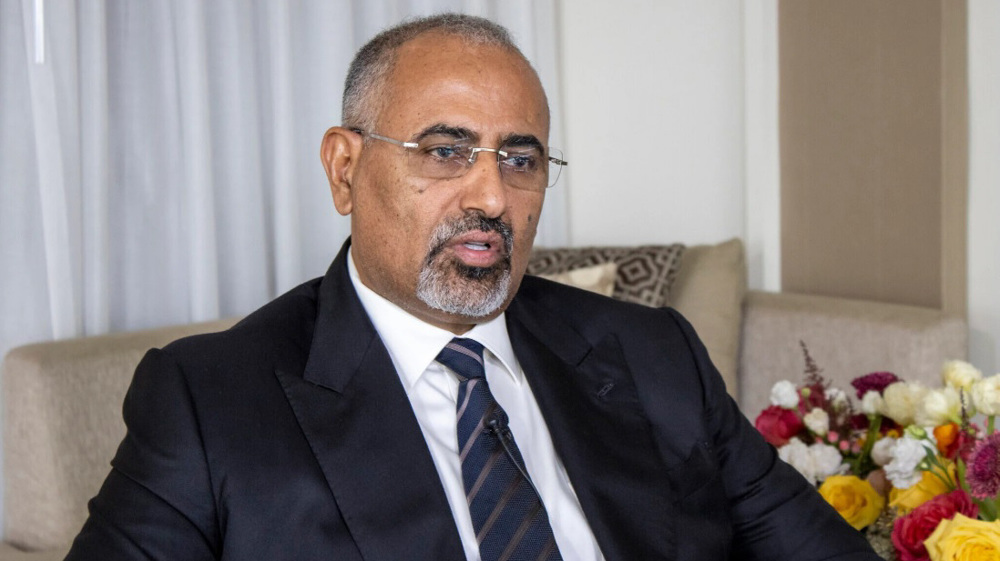
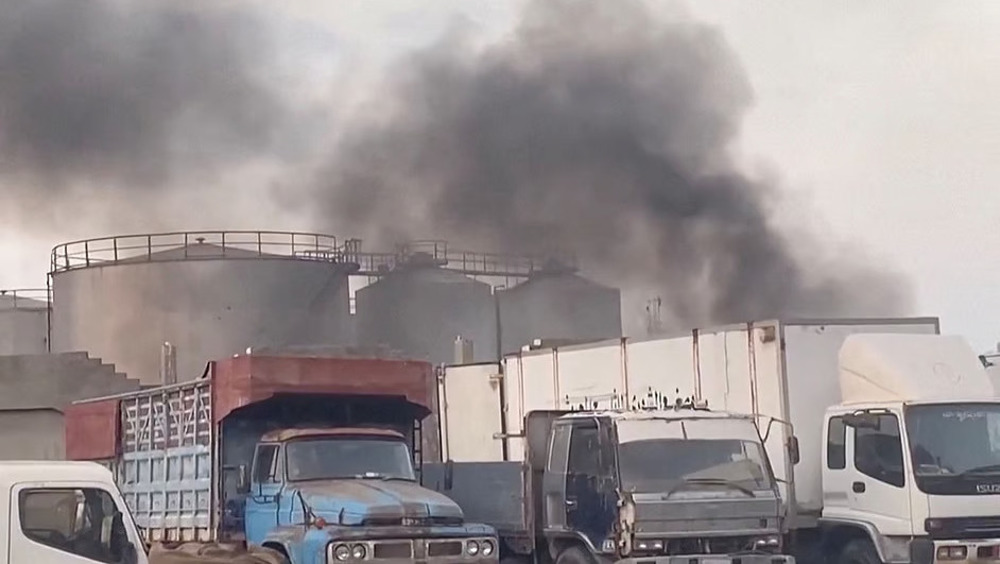



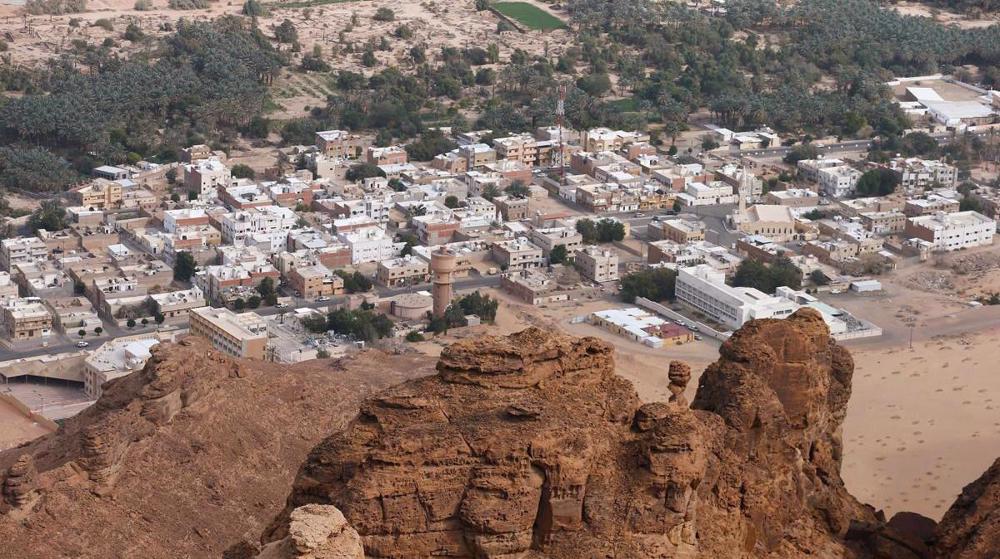
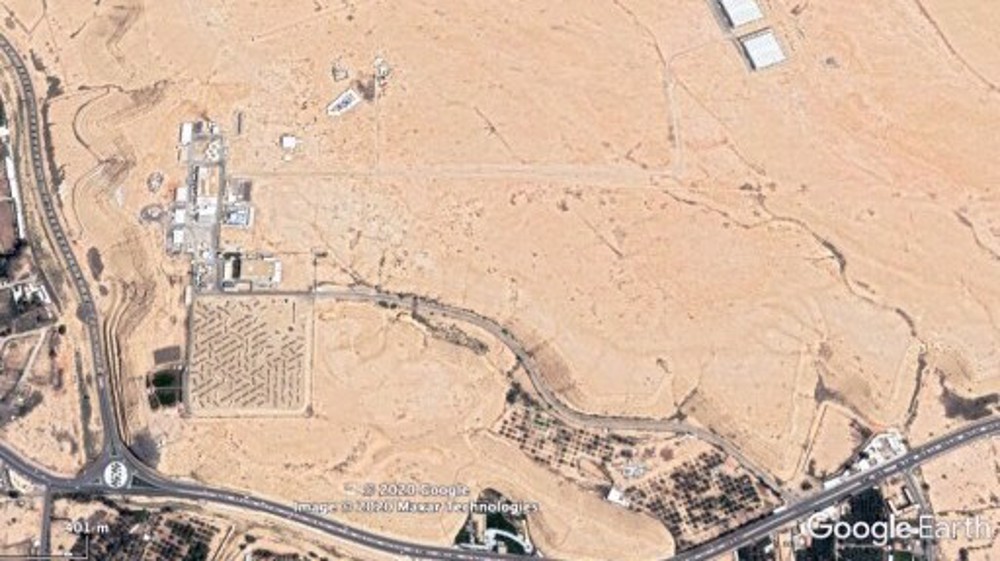

 This makes it easy to access the Press TV website
This makes it easy to access the Press TV website